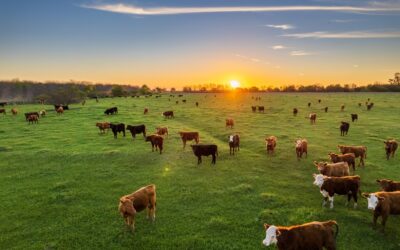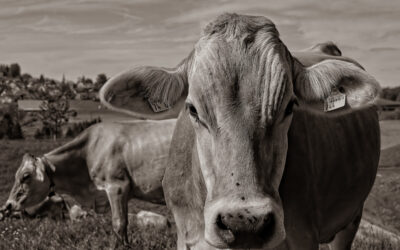Importance of Sustainable Farming Globally
Agriculture lies at the heart of Tanzania’s economy and society. More than two-thirds of the population depends on farming for their livelihoods, and the sector contributes significantly to the country’s GDP. Yet, this critical industry faces mounting challenges, including soil degradation, climate change, and fluctuating market demands. Against this backdrop, sustainable farming is emerging as both a necessity and an opportunity for Tanzania’s future.
Ensuring Food Security and Nutrition
With a rapidly growing population, Tanzania must find ways to produce enough food while protecting the natural resources on which agriculture depends. Sustainable practices—such as crop rotation, agroforestry, and integrated pest management—help to maintain soil fertility and increase yields. By adopting these methods, farmers can secure stable harvests, ensuring that households have access to sufficient and nutritious food.
Protecting the Environment
Unsustainable farming methods often result in deforestation, soil erosion, and water pollution, threatening both ecosystems and communities. Sustainable farming, on the other hand, emphasizes conservation of natural resources. Techniques like minimum tillage, organic composting, and rainwater harvesting reduce environmental impact while improving long-term productivity. Protecting Tanzania’s land, forests, and water sources is not just an ecological issue but also a cornerstone of economic resilience.
Building Climate Resilience
Tanzania is highly vulnerable to climate change, experiencing erratic rainfall patterns, prolonged droughts, and frequent floods. These conditions put smallholder farmers—who make up the majority of the agricultural workforce—at great risk. Sustainable farming equips farmers with adaptive tools, such as drought-resistant crop varieties, water-efficient irrigation systems, and diversified farming practices. These measures help communities remain productive even under unpredictable climate conditions.
Supporting Economic Growth and Livelihoods
Agriculture contributes around 25–30% of Tanzania’s GDP, making it a pillar of national development. Sustainable farming improves efficiency, reduces crop losses, and opens new market opportunities, especially in the growing demand for organic and eco-friendly produce. By ensuring consistent production, farmers gain reliable incomes and contribute to the country’s economic stability.
Preserving Biodiversity and Ecosystem Services
Tanzania is home to rich biodiversity, from fertile soils to world-renowned wildlife. Sustainable agriculture reduces the pressure on natural habitats, prevents overuse of pesticides, and supports ecological balance. In doing so, it not only sustains farming but also protects tourism and biodiversity, which are equally important to the nation’s prosperity.
Looking to the Future
Sustainable farming in Tanzania is more than a response to environmental concerns—it is a pathway to long-term stability, prosperity, and intergenerational equity. By embracing sustainable methods today, Tanzanians can ensure that future generations inherit fertile soils, clean water, and resilient food systems.
In essence, sustainable farming offers Tanzania a powerful solution: it feeds people, safeguards the environment, strengthens the economy, and prepares the nation for the uncertainties of climate change. For farmers, policymakers, and communities alike, the future of agriculture must be sustainable.


